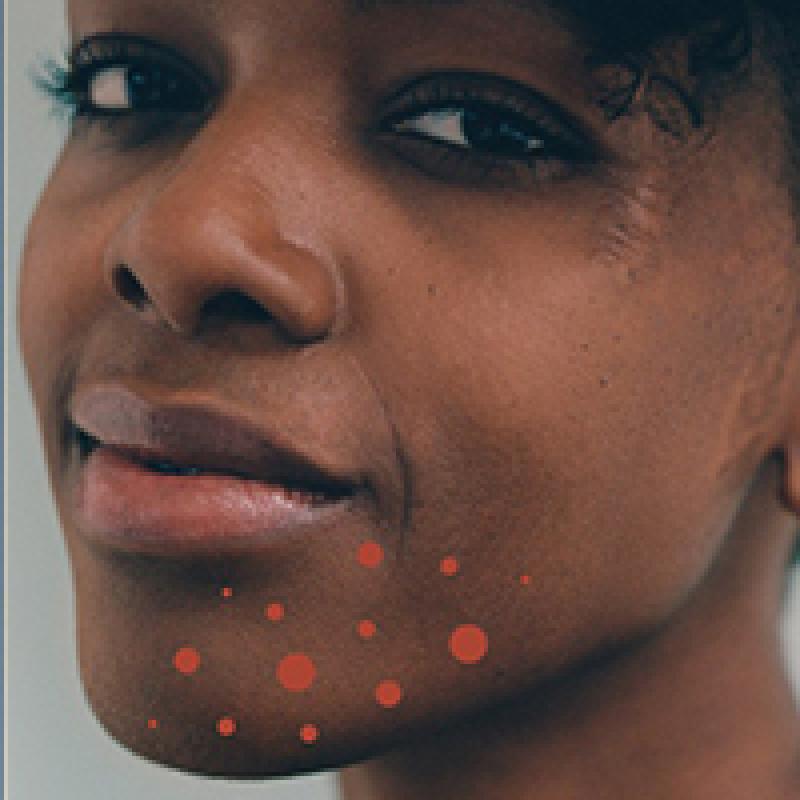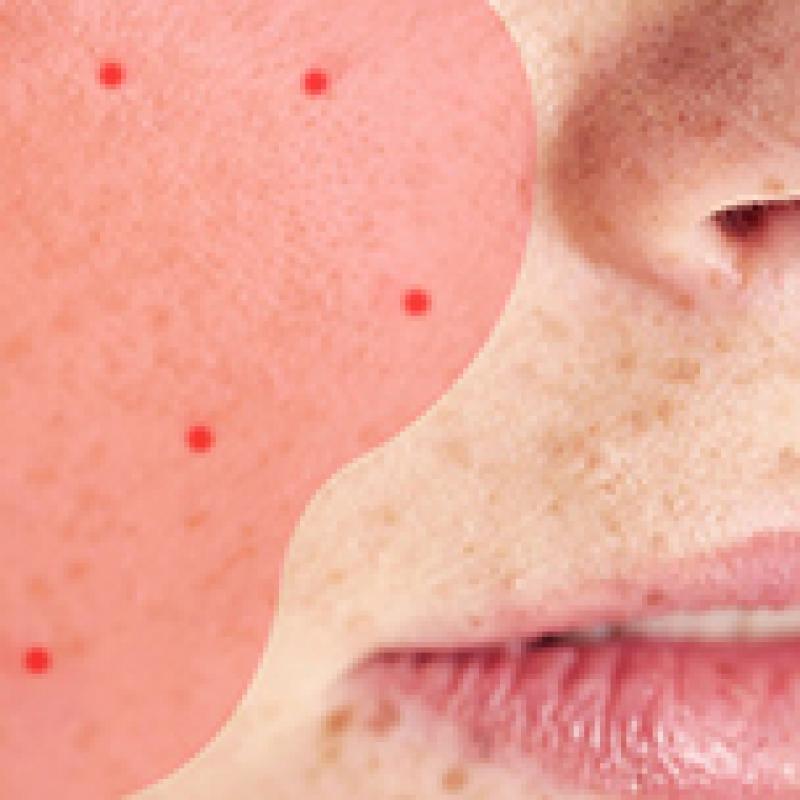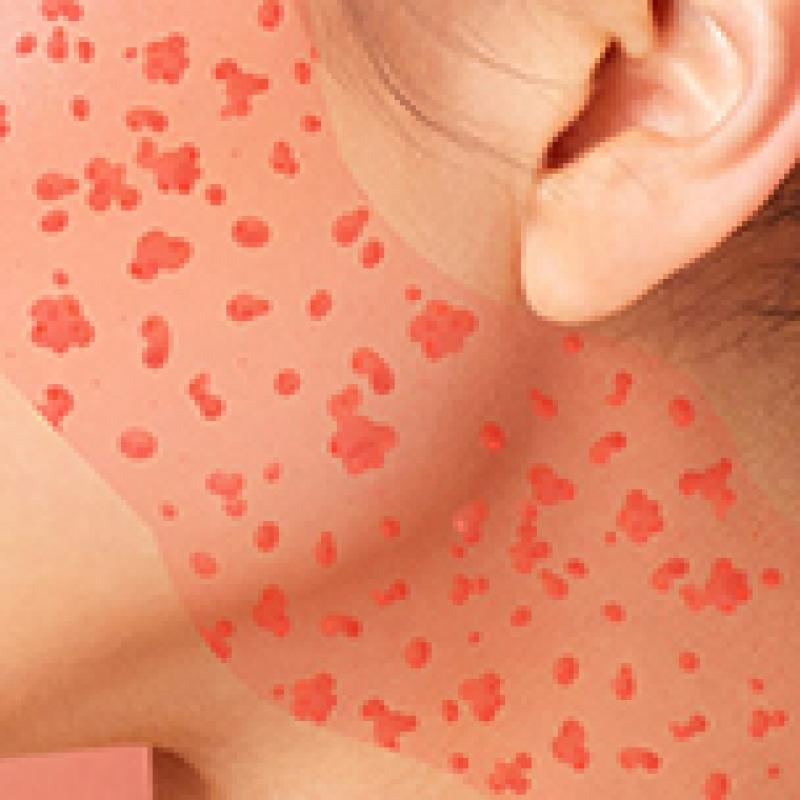
Latest News


Christopher K. Bichakjian, M.D., appointed chair of U-M Department of Dermatology
The University of Michigan Board of Regents approved the appointment of Christopher K. Bichakjian, M.D., as chair of the Department of Dermatology, effective April 1, 2020. View on UofMHealth.org News

Career Day at Clague Middle School

November is National Healthy Skin Month!
Check out these tips for healthier looking skin:

5 Things a Dermatologist Wants You to Know About Psoriasis
It’s a chronic skin problem with no cure, but here’s what experts, and especially sufferers, want you to understand about the condition. View on U-M Health Blog

Cystic Acne Treatment: What's Up With Those Large, Painful Pimples That Won’t Go Away?
View on SELF

How to Manage Your Summer Rash
A Michigan Medicine dermatologist shares everything to know about heat rash symptoms, prevention, treatment and how to discern it from other skin conditions in disguise.
View on U-M Health Blog

Dermatology Chief Residents 2019-2020
On May 1st, U-M Dermatology welcomed Drs. Ji Won (Jiji) Ahn and Tom Raisanen as chief residents for the Dermatology Residency Program for the 2019-2020 academic year.
Many Thanks For Another Successful Skin Cancer Screening Clinic!
On May 18, 2019, physicians and staff from the Department of Dermatology provided free skin cancer screenings to 118 people. Kudos to all who participated in this annual community service event, held in conjunction with May as Melanoma and Skin Cancer Detection and Prevention month.

Why Women Get Autoimmune Diseases Far More Often Than Men
Researchers cause a lupus-like disease in mice by amplifying the amount of a single “master regulator” factor — suggesting both a root cause for known differences between the sexes and a target for new treatments.

What Role Does Genetics Play in Skin Cancer Risk?
Protecting yourself from UV rays still matters most of all. But your genes can also have an impact.
View on U.S News and World Report


How to Care for Your Angry Skin After an Allergic Reaction on Your Face
Let the healing begin.
View more SELF
Here’s How to Build Your Tolerance to Irritating Skin-Care Products
And when to just let it go.
View on SELF
Check it out! Free Skin Cancer Screening
Dermatology is Making A Difference at Michigan Medicine!
We're grateful to our remarkable physicians and staff, who do their best to make a difference in the lives of others.
The "Making A Difference" program offers patients, visitors and co-workers a wonderful way to acknowledge a Michigan Medicine employee, team, or department for providing exceptional service and care. Nominations may be

First TIIPs grant to support immunology research
A team of U-M researchers is launching a new study to better understand autoimmune skin diseases and why some people respond better than others to treatment. In the process, they aim to derive new knowledge about the immune response that could lead to more targeted, personalized therapies for a wider array of disorders.

Genetic Prediction Model Helps Identify Arthritis Risk in Psoriasis Patients
Treatment planning for a painful and potentially disabling condition could be made easier with a new model for assessing genetic risk in people with psoriasis.
View on Michigan Health Lab

Skin’s Immune ‘Alarm’ May Explain Light-Induced Rashes in Lupus Patients
U-M researchers are studying an overabundant signaling protein tied to UV light sensitivity in patients with lupus.
View on Michigan Health Lab
